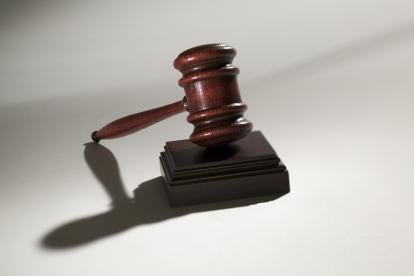The Delaware Supreme Court recently affirmed the lower court’s dismissal of a derivative and class action complaint against the general partner and other managers of a limited partnership because the plaintiff failed to overcome a good faith presumption in the limited partnership agreement (LPA). The plaintiff holds limited partnership units of Enbridge Energy Partners, L.P. (EEP), of which defendant Enbridge Energy Company (EEC) is the general partner. Canadian corporation Enbridge, Inc. (Enbridge), also a defendant, indirectly owns all of EEC. In early 2009, EEP decided to build and operate a portion of an oil pipeline from Canada to Wisconsin. To finance the project, Enbridge proposed a joint venture with EEP. Given the relationships between and among Enbridge, EEC and EEP, EEC’s board created a special committee to evaluate whether the terms of the proposed joint venture were fair and reasonable to EEP. To review the joint venture and negotiate on behalf of EEP, the special committee hired various advisors, determined that the terms of the joint venture were fair and reasonable, and ultimately recommended that EEP accept Enbridge’s proposal. After the project was completed in April 2010, the plaintiff sued, alleging, among other things, that the defendants had breached their express and implied duties under the LPA by accepting the joint venture, the terms of which, the plaintiff alleged, were not fair or reasonable. The Court of Chancery granted the defendants’ motion to dismiss, and the Delaware Supreme Court affirmed, holding that the plaintiff’s claim against EEC was barred by the terms of the LPA on the ground that the LPA afforded EEC, as general partner, a conclusive presumption of good faith if it relied on the opinion of a consultant, provided the opinion was within the consultant’s area of expertise. Moreover, although the good-faith provision did not cover EEC’s affiliates, the Delaware Supreme Court affirmed the lower court’s holding that the plaintiff failed to plead sufficient facts alleging the affiliates’ bad faith.
Brinckerhoff v. Enbridge Energy Co., Inc., et al., C.A. No. 5526 (Del. Supr. May 28, 2013).




 i
i


